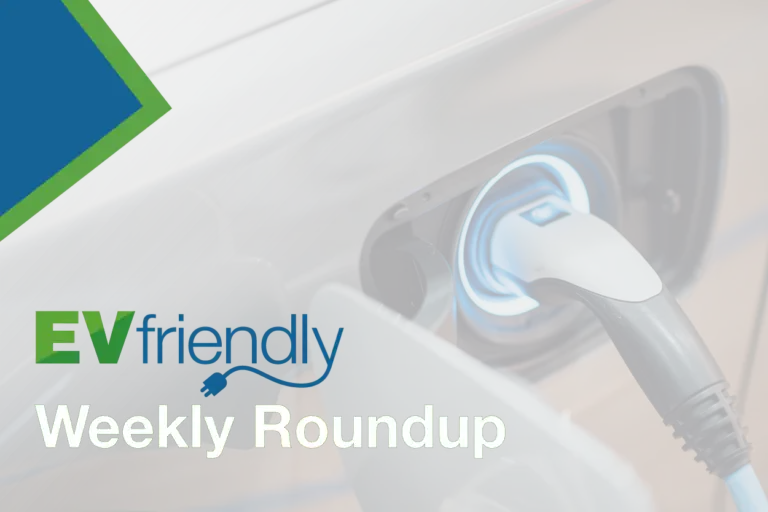The Cost of Owning an EV
Just like any other consumer product, as EVs become more mainstream, prices are coming down. When the first production models of Hybrids and EVs were introduced, price was a barrier for many people. They typically cost considerably more than their normally-aspirated counterparts.
Today, Hybrids and EVs are usually only slightly higher-priced than conventional models, and with incentives, the difference is often negligible. So, what about the cost of owning an EV, after the initial sale?
Well, if it’s an all-electric vehicle, you won’t have an internal combustion engine (ICE) to maintain. That means no oil changes or tune-ups. No timing belt, spark plugs, or distributor. Even if it’s a Hybrid, the ICE is used much less, and oil change intervals are much longer.
The regenerative braking system coverts kinetic energy to (motion/friction) to electric energy instead of heat. This reduces the wear and tear on brake pads an rotors, resulting in much longer life for these parts.
And then there’s the cost of refueling. You may not be old enough to remember when you could fill your gas tank for five bucks. But that’s the average cost of the electricity you will use to recharge your EV or PHEV.
In the long run, EVs are much more economical to own than conventional vehicles.





